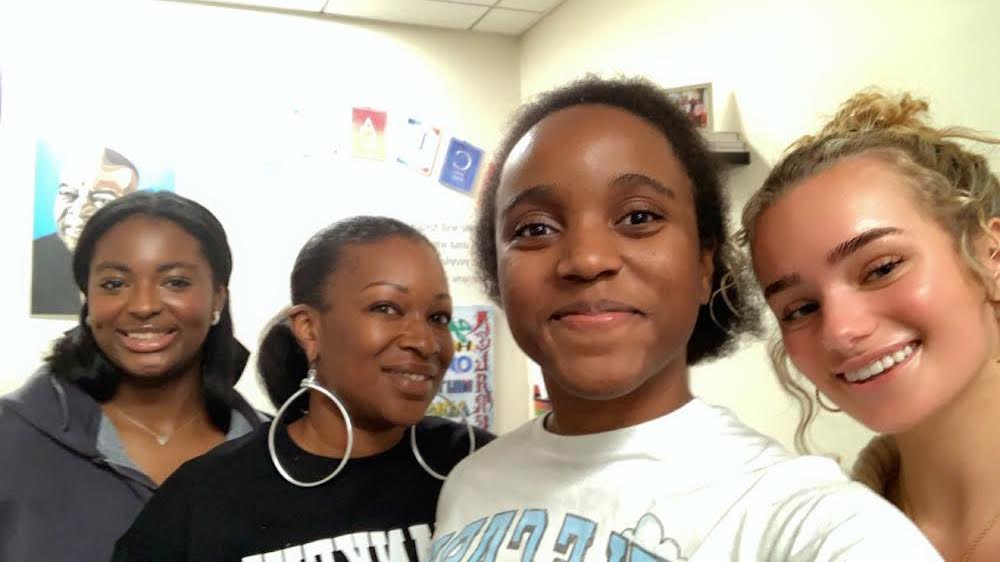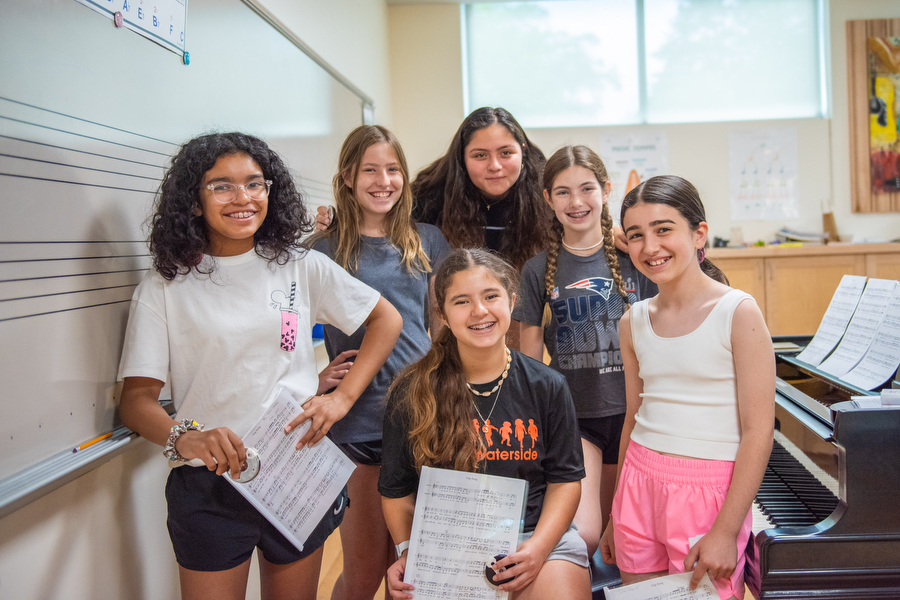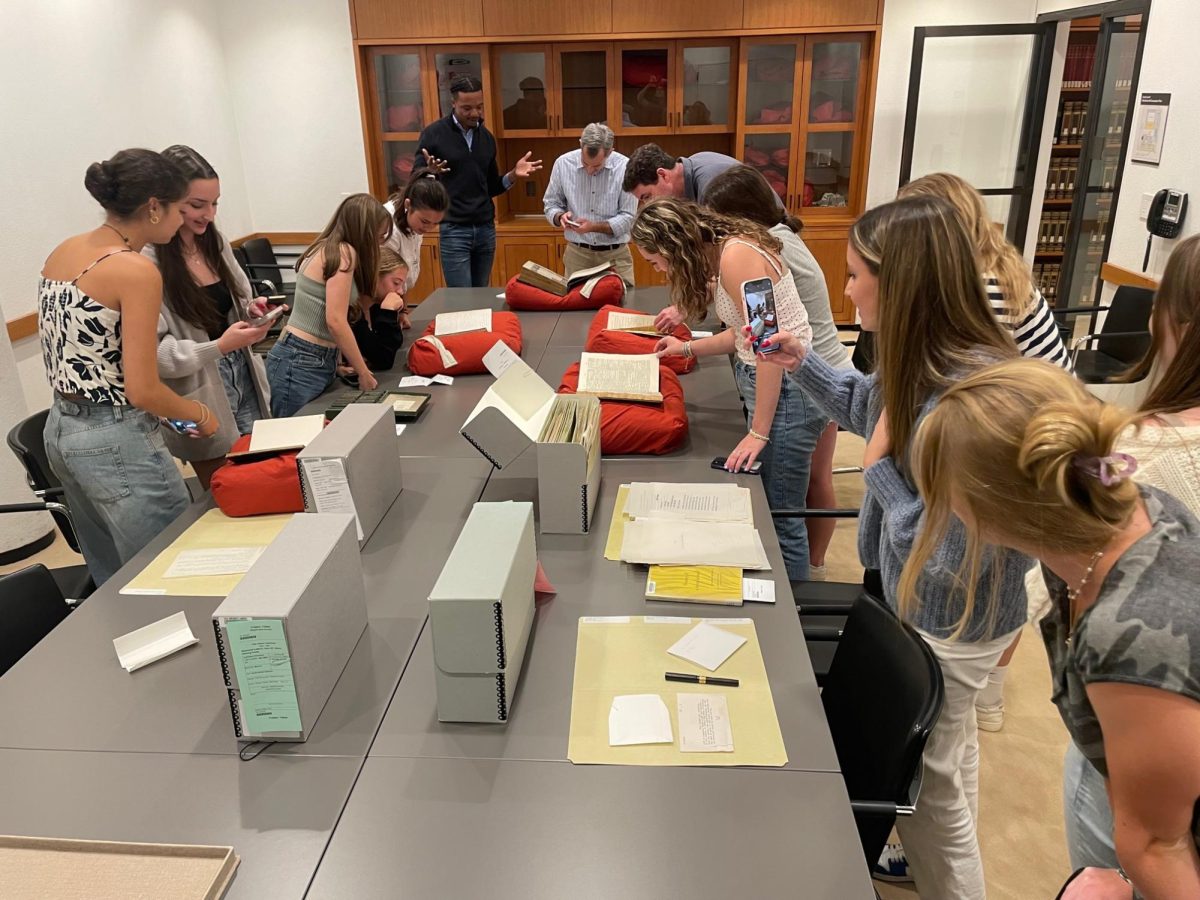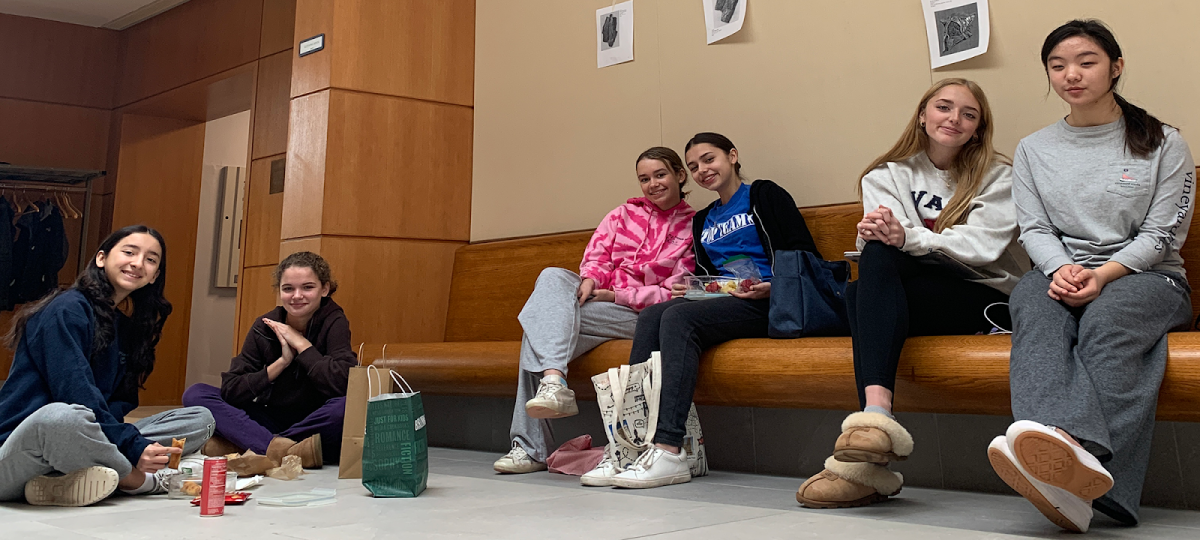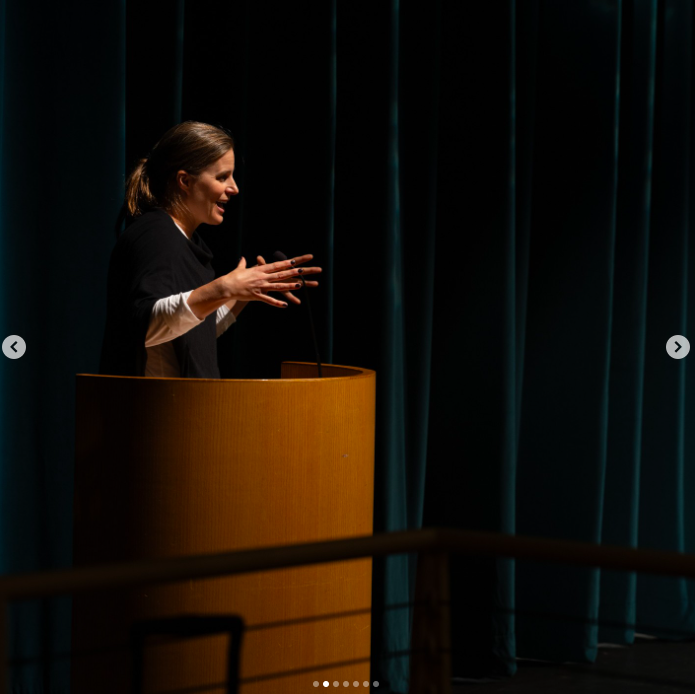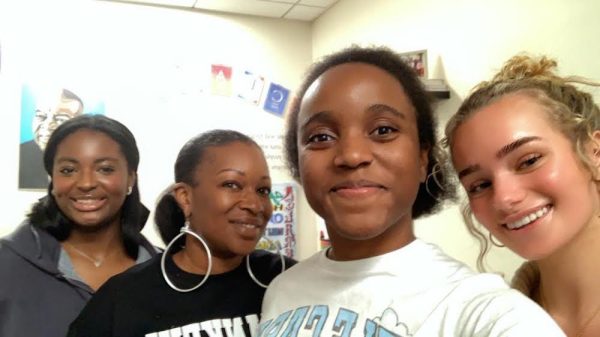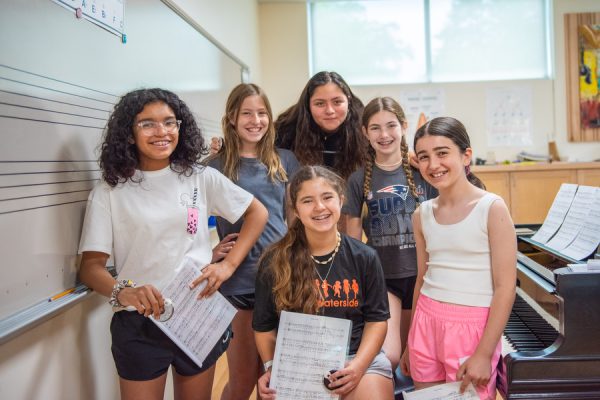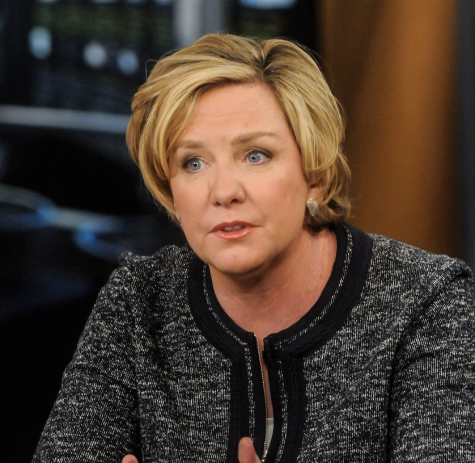Money Matters: Why GA Needs to Implement Required Personal Finance Education
Each month, GAP will be having an opinion article ranging from simple hot takes to more weighty matters. This month, GAP looked into the importance of having an understanding of personal finance.
Did you know that only 55 percent of high-school students feel prepared to enter the real world? In a society where education is designed to prepare our youth to lead the future, this statistic is truly disheartening. Unfortunately, the feeling of uncertainty after high school is universal, and as I progress through my own high school education, I similarly find myself doubting how prepared I will be for my own future.
I have full confidence, however, in my academic preparedness in the world. After all, Greenwich Academy is an amazing school that provides a rigorous education for every student. So why, you may ask, do I feel apprehensive? To demonstrate my point, let me ask you two questions: 1) What is the powerhouse of the cell? And 2), What is the significance of a high credit score?
Although I don’t have mind-reading superpowers, let me take an educated guess at how you answered these questions. If you answered “mitochondria” for question No. 1, you are correct! Congratulations on paying attention in Biology class! However, I have an inkling that question No. 2 was a bit harder to answer. If you didn’t say something along the lines of “a high credit score increases the chance of getting a loan and lower rates,” I’m sure you are not alone. The harsh reality is that most high schools typically overlook the importance of teaching life skills like personal finance, which deprives students of crucial knowledge that is universally necessary for adulthood.
What subjects should high schools really teach to prepare their students for success? In addition to providing an excellent education with countless opportunities to pursue unique educational interests, I believe that Greenwich Academy should also put a focus on teaching students universal life skills.
After all, going back to my example with mitochondria and credit scores, every GA student will have to be smart with their finances throughout their whole lives, but only a handful of students will pursue a future in biology. If personal finance is a skill that everyone uses, why don’t we learn it in school?
Sara Raghavan, a Greenwich Academy junior, expresses her support for a stronger personal finance education at GA: “[Personal finance] is essential to navigating adulthood. It’s a skill that we start using from the first job we have, which for many occurs in high school or just after high school during college. Oftentimes I wish I understood more about how taxes, investing, and credit cards work, as I currently know little to nothing on these topics.”
As expected, the cloud of uncertainty surrounding personal finance is not a sentiment unique to Sara. In fact, most high school students across the nation receive a subpar personal finance education at their respective schools. According to a survey conducted by the Bank of America in 2016, only 31% of young Americans agreed that their high school education did a good job of teaching them healthy financial habits. This statistic is appalling, considering the fact that most students leave high school feeling unprepared for their financial future.
Not only can personal finance be beneficial for our futures, but it can also help ease current divisions concerning socioeconomic status at GA. This past year, GA distributed a DEI survey in hopes to identify the main challenges that students face at school. Unsurprisingly, socio-economic division was one of the most notable concerns that students held, illustrating the urgent need for reform. Although it would be difficult to eradicate these divisions entirely, GA can help by instilling financial confidence and competence in every student across the socioeconomic spectrum. Since most students don’t have a family with an extensive background in investment banking or access to professional personal finance advice, ensuring that these exclusive factors don’t determine financial literacy would be a monumental step towards a more equitable GA.
Ms. Aisha Gawad, the director of Diversity, Equity, and Inclusion, weighed in how GA can play a role in decreasing socio-economic division as well: “Some people are part of families with generations of wealth, who have financial knowledge, financial planners, financial practices, and financial plans in place. And some people, you know, don’t. That’s a gap that I do think [GA] can try to close more.”
For now, introducing students to personal finance in the GA curriculum can help bridge this equity gap. A basic understanding of personal finance can go a long way as students begin to find their place in the world. It is this, I believe, that will help best prepare our students to enter the real world, in college and beyond.

When not writing or editing for GAP, Sarina is watching figure skating re-runs, testing daunting recipes, or playing with her dog, Milo. She also loves...
